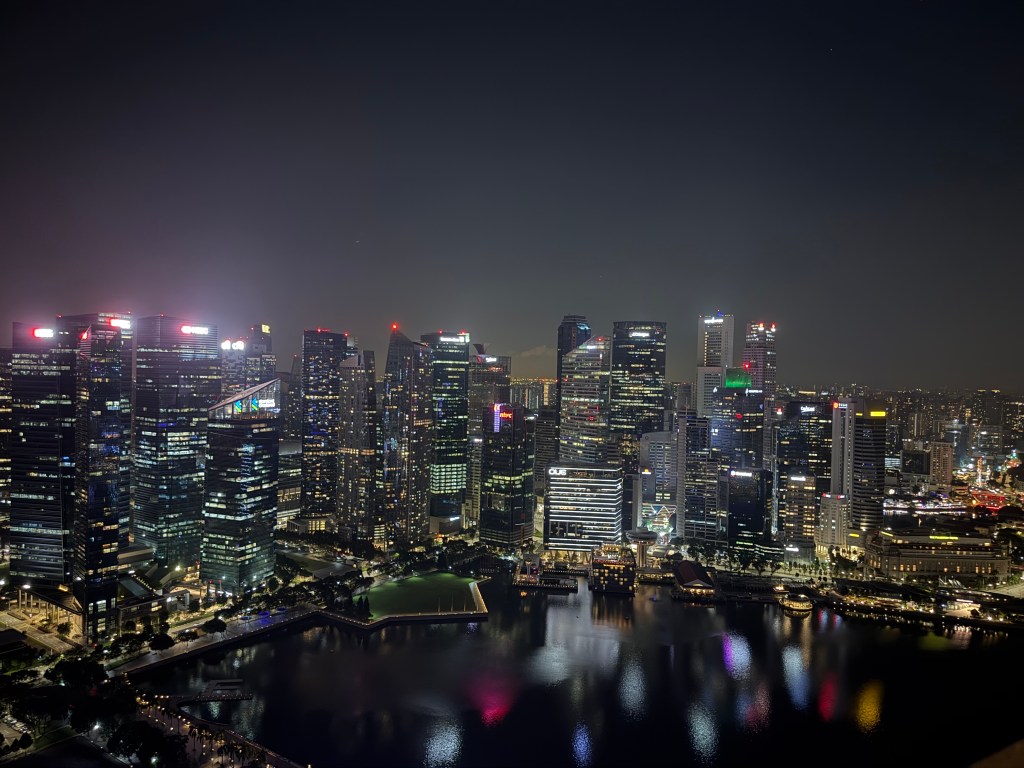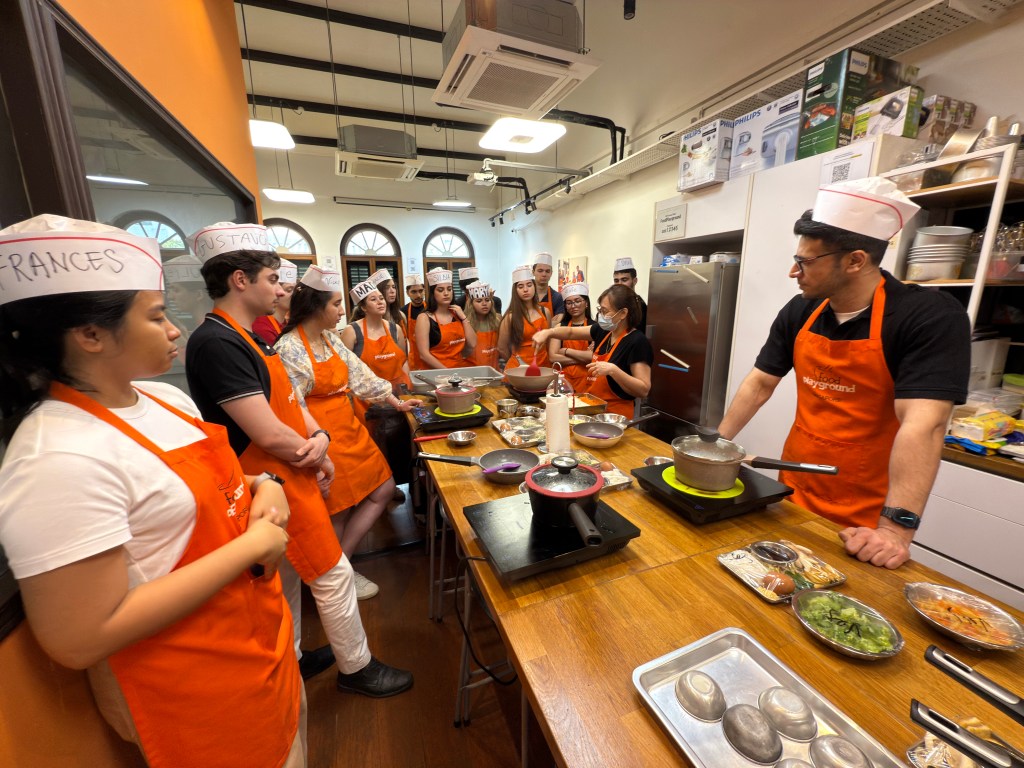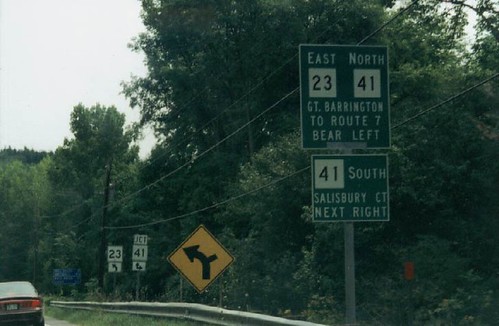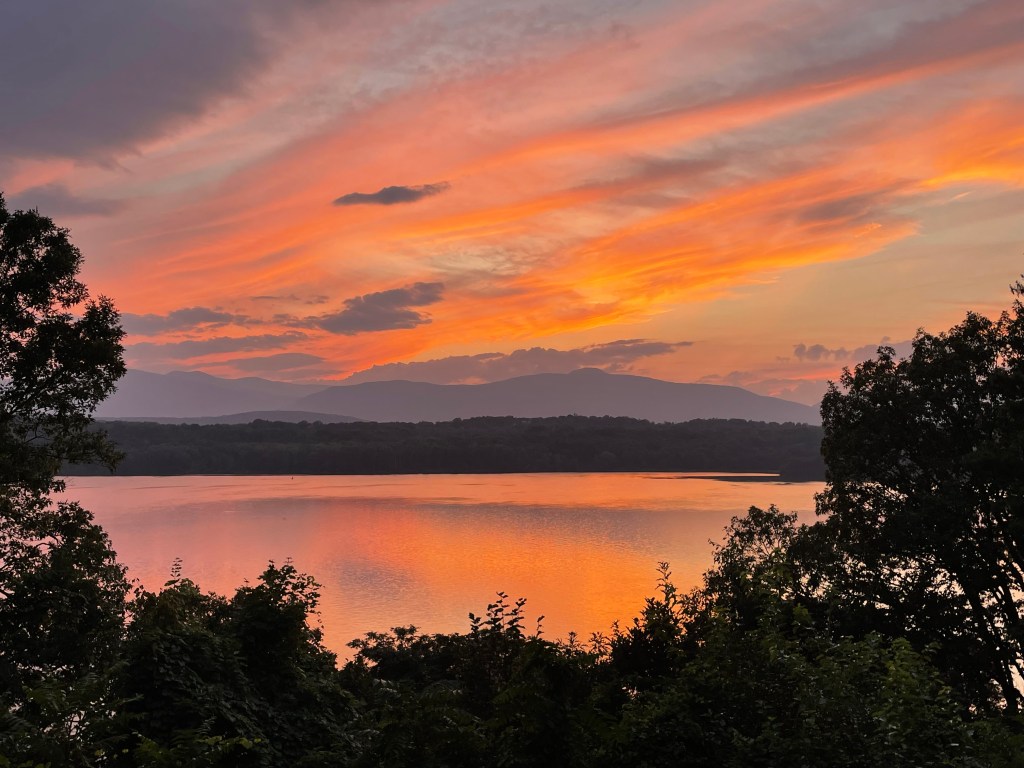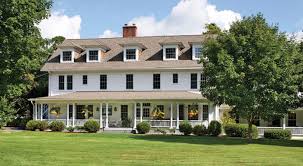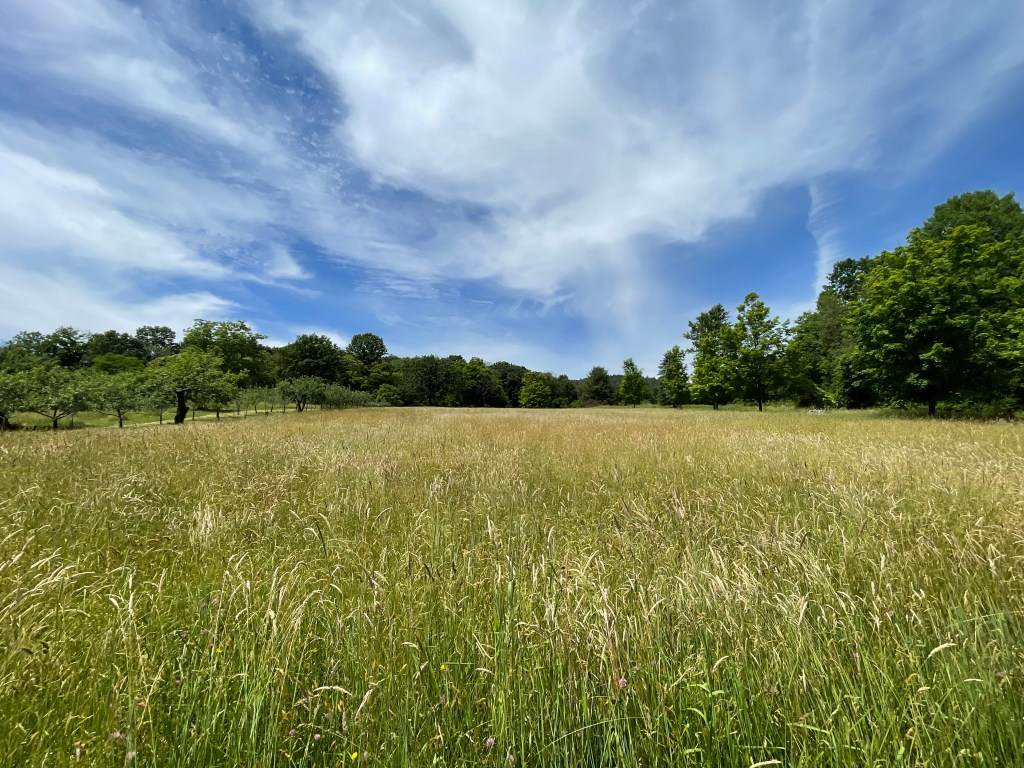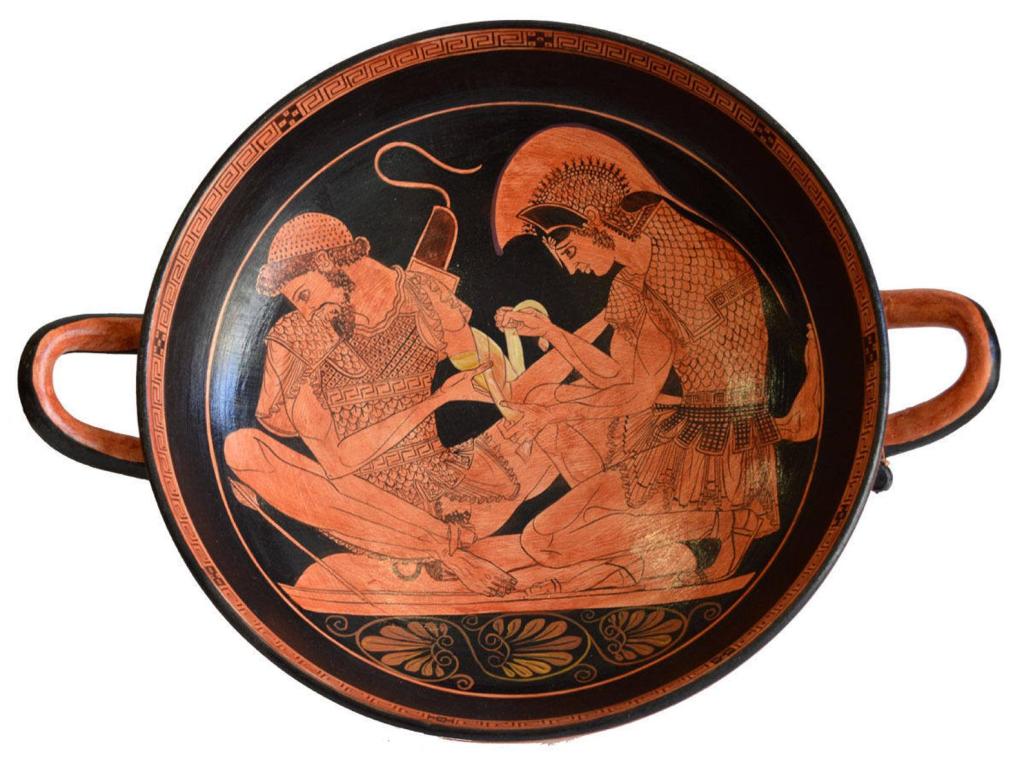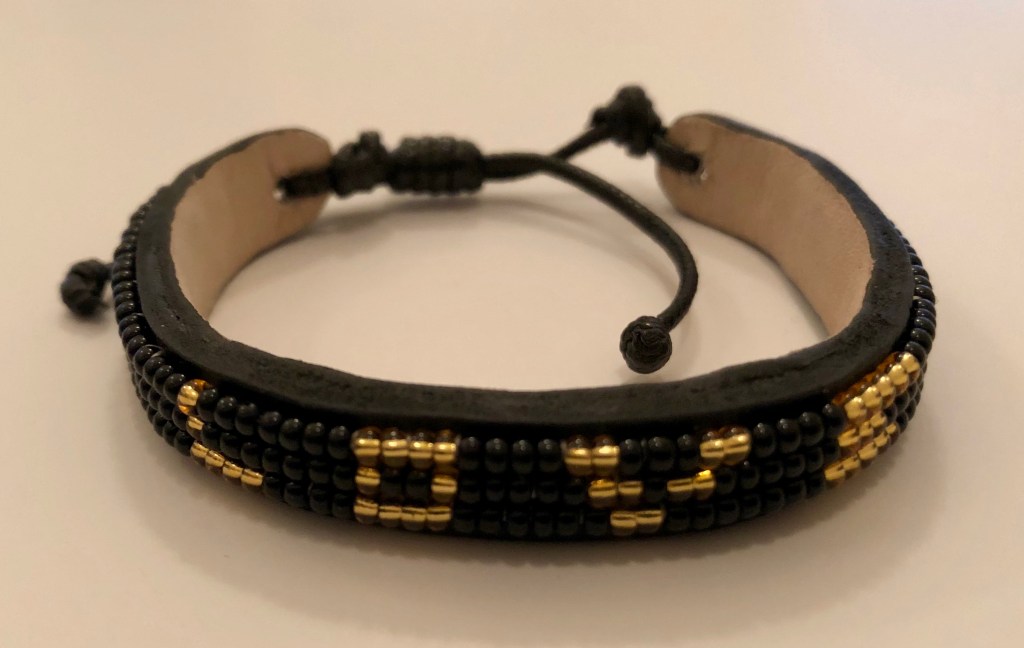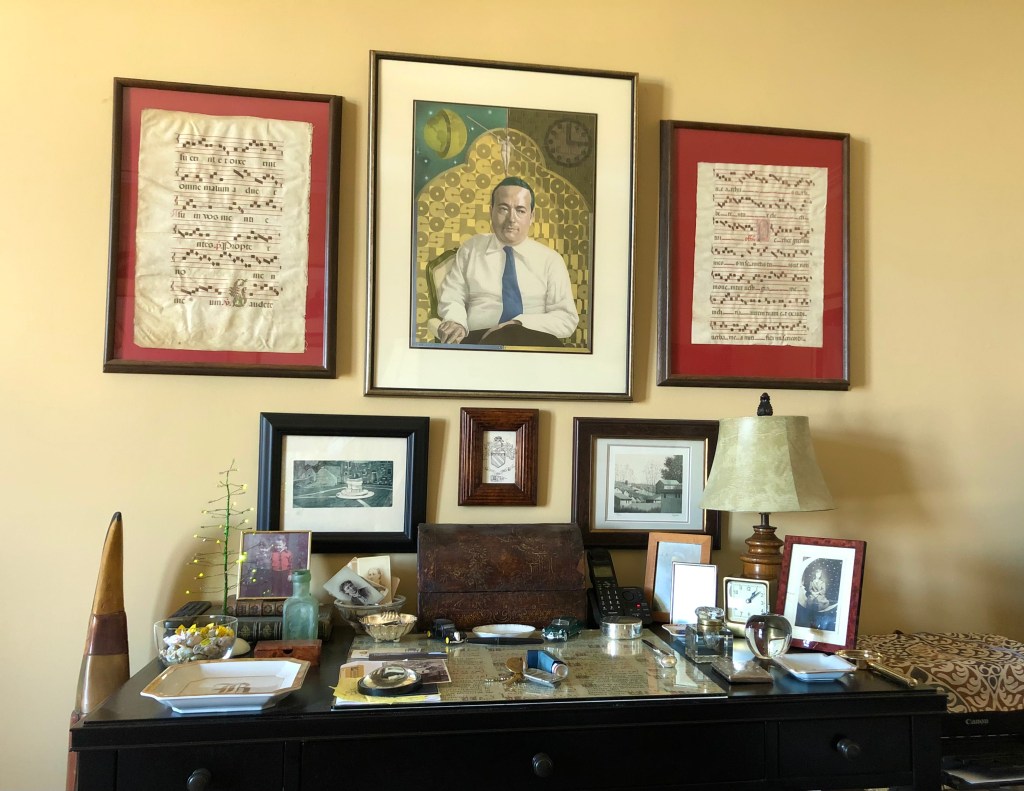This morning in our Teaching & Learning committee meeting, we focused on many new teaching techniques that emphasize experiential learning over traditional, by definition old-school, pedagogies. Lectures are to be kept to a minimum, if at all. Classroom activities should take precedence over absorption of content. Simulations, video and audio versions of written works, VR where relevant, games, debates, field trips, AI activations—all preferred methods of teaching course material.
It is a tacit assumption, born out of experience, that students today don’t read.
Indeed, in an upper-level class last year, on being assigned a six-page article from the HBR, a student wrote, “Dear Professor, do we have to read all the pages?”
Are we not, though, losing something that once lost can never be regained? Will it matter in twenty years that an entire generation has lost the ability to read printed material—because we as teachers no longer require reading?
I’m prompted this evening to write this having read in the Jan 31 FT an article titled, “How Economies Forget.” The final sentences read, “Knowledge does not vanish because it is obsolete. It vanishes when it is not used.”
Our students are not reading because they and we value experience more.
I confess to a bias: I am the product an exceptionally fine, many would call elitist, American and English liberal arts education, from grade school through college, through graduate school. I was an English major and read voraciously. I regard knowledge of the English language canon as a mark of civilization, of a civilized person. Books, to the peril of my apartment, are my lifeblood.
Teaching Moral Leadership Illuminated by Literature this fall at Hult—a lifelong dream fulfilled to teach a literature class, even one through the lens of business leadership—involved a particular challenge to get the students to read the reasonably short pieces I assigned. In cases where a play or a short story had a film version, we screened the films in after-class optional sessions. For the students who both read the works and watched the films, it was a richer experience. With plays, such as Michael Frayn’s Copenhagen (which should be required reading for every business leader), I assigned the three parts, and students play-acted the roles in class.
I guess what I want to say is that I would be very sorry to see reading be abandoned all together. I would regard it as yet one more tragic consequence struck down by the hands of digital technologies. That is not to say we don’t continue to drive and expand experiential learning. We must for our students to succeed in the world today and the future.
But in some corner of our course material, a little reading won’t kill them, and, maybe, just maybe, be of some future benefit. It has been noted that Canadian Prime Minister Mark Carney wrote his own, now famous, speech at Davos two weeks ago. Not AI, not a speech writer. And that his writing ability is a mark of true, intelligent leadership.
Great writing does not come from AI or experiences. It comes from great reading.



